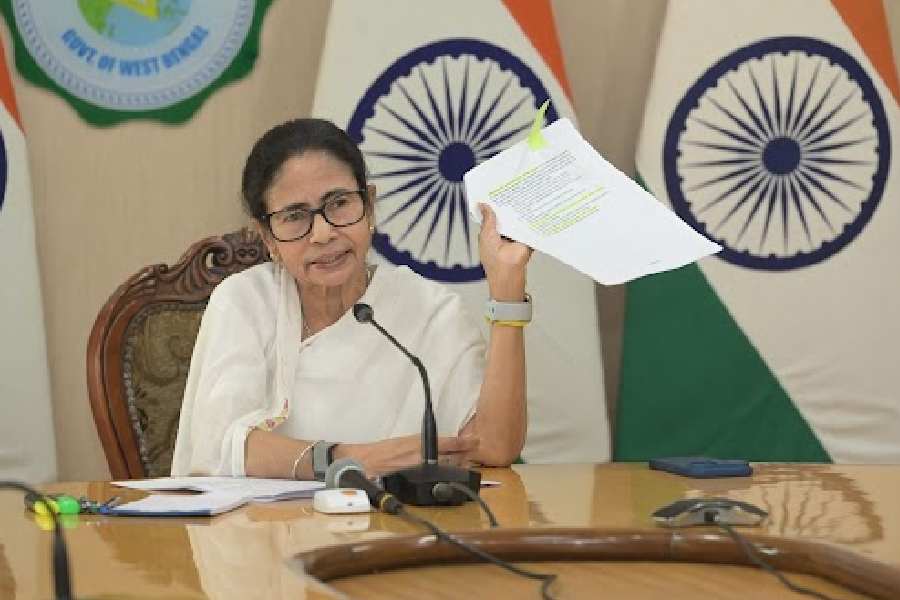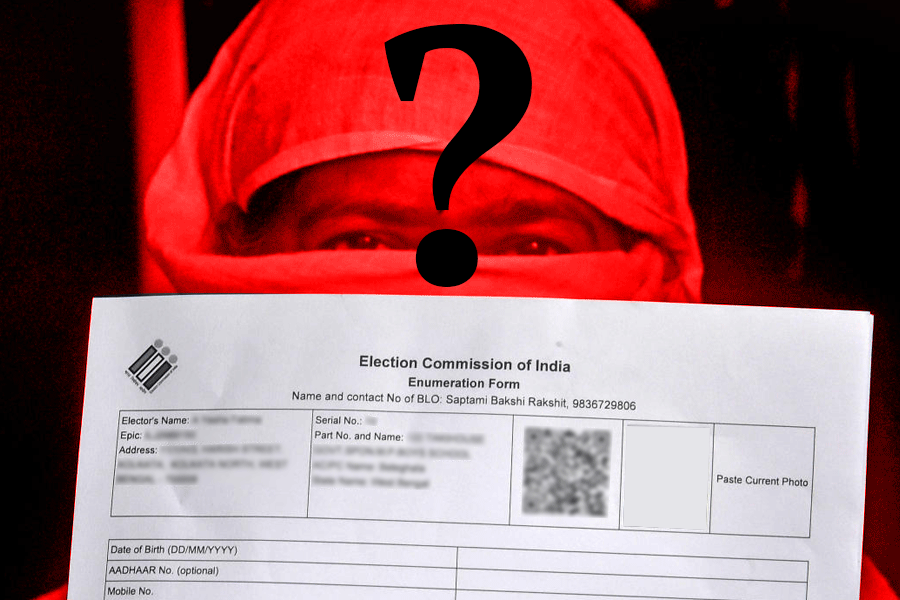 |
New Delhi, Jan. 2: A software technology professional has used a bogus research paper he loaded with references to Sholay and dialogue from a Hollywood comedy film to expose what he suspects is a racket in academic conferences that is ensnaring hapless engineering students from across India.
The Bhubaneswar-based Institute of Research and Journals (IRAJ), which calls itself “an advanced non-profit technological forum to promote science and technology,” accepted the sham paper for a conference held in Pune last Sunday, although the paper was liberally sprinkled with giveaway clues.
Two senior IRAJ officials said that while the paper was initially accepted, it was not included as part of the proceedings of the conference. They also said the temporary acceptance of this single paper does not in any way reflect the organisation’s policies or practices.
Navin Kabra, the Pune-based software technology professional who wrote and submitted the paper, has said its acceptance has revealed the absence of peer review, a process of evaluation by experts to ensure that papers meet certain quality standards.
Kabra, who has described his experiences with the conference organisers in his blog, has said the episode suggests that poor quality papers are accepted from students who are then asked to pay a few thousand rupees to participate in the conferences.
“Some engineering colleges force their students, at times even undergraduates, to submit research papers to conferences,” Kabra told The Telegraph. “This is a ridiculous requirement and it needs to be fixed, but some organisations appear to be taking advantage of this requirement.”
The IRAJ’s website suggests that the agency is organising more than 30 other conferences covering electronics, computer science, robotics, and other engineering fields in Bangalore, Chennai, Dehradun, Delhi, Mumbai and other cities across the country on January 5, 12, 18, 19, 25, 26, 29 and 30. It also lists more than 40 upcoming conferences in February and March.
“We’re aware of the fake conferences problem,” said Dheeraj Sanghi, a computer science professor at the Indian Institute of Technology (IIT), Kanpur. “This is a serious issue — and we routinely check the antecedents of conferences before we encourage scholars to even attend them.”
Sanghi said the IITs do not compel BTech undergraduates to write research papers. “In a class of about 40 students, we do find perhaps five or six who produce papers but there is no compulsion at this level,” he said.
The paper that Kabra had submitted to the IRAJ for the conference, called ICRIEST-AICEEMCS International Conference and held in Pune on December 29, is titled “use of cloud-computing and social media to determine box office performance”.
The paper’s introductory section itself cautioned that it contained some “gibberish” that was auto-generated by software. One section of the paper also includes 19 lines about the 1970s blockbuster Sholay, and 19 lines from My Cousin Vinny, a 1992 Hollywood film.
“It is self-evident truth that Sholay is the best movie ever made (at least according to the wife of the author of this paper).… Now if you’re paying attention, the first author of the paper appears to be Riaa Seth, which would indicate that she cannot have a wife.… Riaa Seth is not really the author of the paper — instead it is Navin Kabra, whose wife is Meeta Kabra, the owner of a website for movie reviews,” Kabra wrote in the paper that was accepted by the IRAJ.
The paper also has dialogue from My Cousin Vinny: “...Imagine, you’re a deer. You’re prancing along, you get thirsty, you spot a little brook, you put your little deer lips down to the cool clear water —BAM ! A f****** bullet rips off part of your head! Your brains are lying on the ground in little bloody pieces! Now, I ask ya, would you give a f*** what kind of pants the s** of a b**** who shot you was wearing?”
The paper’s concluding section seems to taunt possible reviewers, saying it contains references to films, the author’s wife, and other irrelevant material and thus proves “once and for all” that the paper has not been peer-reviewed.
Yet, Kabra said, the IRAJ accepted the paper, and asked him to pay Rs 6,000 to participate in the conference. “I haggled and brought it down to Rs 3,000,” said Kabra, who attended the daylong conference held in a hotel in Pune.
Two IRAJ officials told The Telegraph that the sham paper had been submitted on the last day for submissions, indicating that the lack of time could explain why it was accepted. Both declined to explain why the conference organisers had informed Kabra that the paper had been reviewed and accepted.
“We have disqualified the paper; it is not part of the conference proceedings,” said Vinod Tyagi, the IRAJ’s national organising secretary. “We’re also trying to understand how the paper was accepted, although only for a short time. It was submitted under a false identity.”
On its website, the IRAJ describes itself as “an association of excellent universities, academicians, professionals, scientists, engineers, and scholars” that conducts and sponsors “technical meetings, conferences, and symposia, and exhibitions all over India and abroad”.
“We have many respected academicians from across India as our peer reviewers. Everything published as conference proceedings is thoroughly reviewed,” Tyagi said, suggesting that the acceptance of Kabra’s paper was an aberration.
Kabra and others believe the deadlines for submissions of papers can be a giveaway. An IRAJ conference in Mumbai, scheduled for January 5, has a paper submission deadline of December 29, and a registration deadline of December 31.
This suggests that papers that are submitted on December 29 would be peer-reviewed within two days — something that most engineering faculty say would be too short a time for appropriate evaluation.
“Given the rising wave of fake journals in India, it doesn’t surprise me that entrepreneurs have also hit upon the idea of fake conferences to make money,” said Madhukar Pai, an epidemiologist at McGill University in Canada who has been documenting information on fake journals.
“This is a completely unregulated area for India,” Pai told this newspaper. “I fear it will get only worse.”










